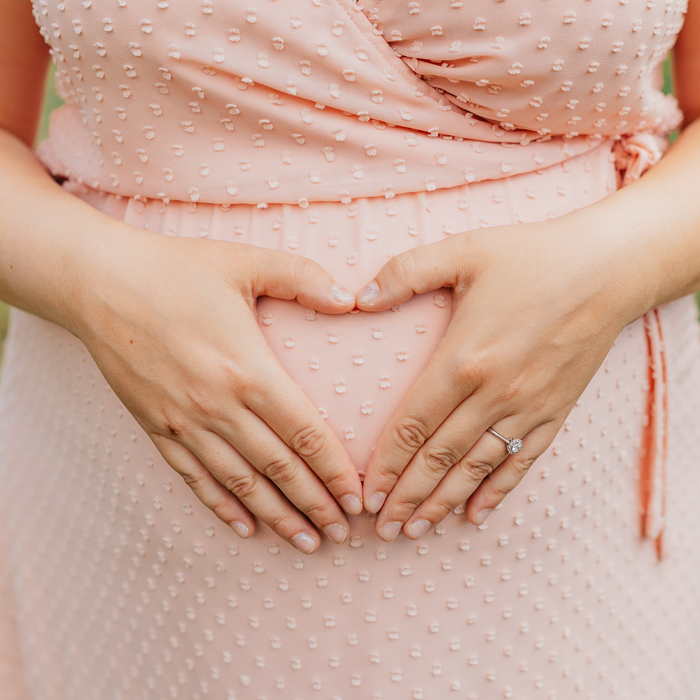Endometriosis – Are You Also Affected? What is endometriosis, and how can you recognize it?
Endometriosis can be simply described as islands of endometrial tissue located in places (such as on the peritoneum, ovaries, the partition between the vagina and rectum, etc.) where they normally should not be.
Symptoms of Endometriosis
Recognizing endometriosis in its early stages is not easy. Symptoms and their intensity can vary for each woman. In some cases, symptoms may not manifest at all.
Symptoms of endometriosis include:
- Chronic pelvic pain (including abdominal and lower abdominal pain)
- Infertility
- Painful sexual intercourse
- Painful ovulation
- Heavy menstrual bleeding
- Symptoms similar to urinary tract infection
- Digestive issues (constipation, diarrhea)
- Nausea,
- Fatigue.
“In endometriosis, the uterine lining or endometrium attaches to the ovaries, fallopian tubes, around the uterus or on the septum between the vagina and the rectum. However, deposits can occur virtually anywhere in the body, such as the bladder. The detached mucosa then behaves in the same way as the one in the uterus, i.e. it is subject to hormonal changes according to the menstrual cycle and changes its structure on the basis of this,” explains MUDr. Kateřina Veselá, PhD.
How is endometriosis treated?
The basic key to success is diagnosis. Primarily, a gynaecologist must be visited, often followed by an ultrasound examination, and the final diagnosis is then made after laparoscopy, during which the abdominal cavity is examined with a camera, and after laboratory analysis of the tissue sample taken during this examination.
“During the laparoscopy, a camera is inserted through small holes into the abdominal cavity, which allows the woman to be thoroughly examined. In addition to the optical examination, a part of the material is also taken during the laparoscopy, which is then passed on for further examination,” MUDr. Kateřina Veselá, PhD.
If the diagnosis is confirmed, treatment can begin. Painkillers are recommended to relieve pain. However, they do not remove the problematic endometrial patches scattered throughout the abdominal cavity. Hormonal treatment is recommended for their reduction. The principle of hormonal treatment involves blocking the growth of the endometrial tissue. This, of course, also has side effects – cessation of the menstrual cycle, mood changes, etc. The disease often recurs after discontinuing therapy. Surgical removal of the lesions is also possible. Sometimes, however, endometriosis is considered essentially incurable. Alternative and holistic medicine can also be significantly helpful, for example, traditional Chinese medicine preparations.
Endometriosis and Pregnancy?
Pregnancy is not ruled out for women suffering from endometriosis. If the fallopian tubes are open, and the woman has no other problems, natural conception is possible. Alternatively, hormonal stimulation of the ovaries and in vitro fertilization (IVF) can be used.
IVF is a process where eggs are removed from a woman’s body and fertilized with the partner’s sperm in an embryological laboratory. For women affected by endometriosis, assisted reproduction techniques like ICSI or PICSI are used for fertilizing the egg with sperm. The resulting embryos are then frozen, and a sample is sent for genetic testing. Embryos suitable for transfer are subsequently transferred to the woman’s uterus. Although IVF does not eliminate all problems associated with endometriosis, it can significantly increase the chances of successful pregnancy. Every woman trying to conceive with endometriosis should be thoroughly examined and consult treatment options with a reproductive health specialist to find the best solution for her specific situation.
Schedule a consultation for IVF treatment in Brno or Ostrava at the Repromeda clinic. Our experienced specialists will recommend the appropriate course of treatment for you.



